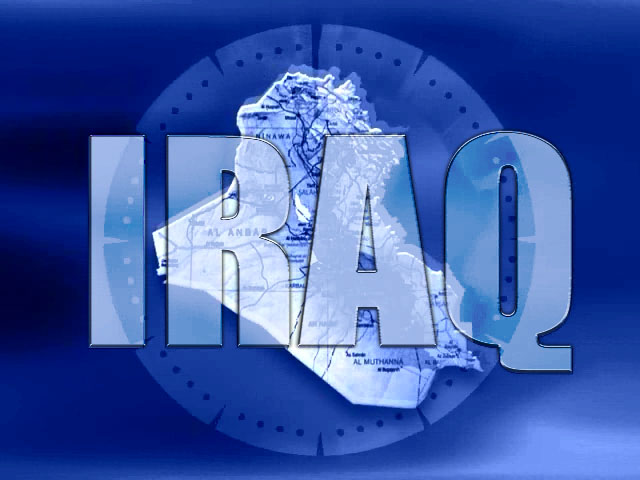Voter turnout in Iraqi Kurdish elections near 80 per cent
 Arbil, Iraq - Roughly 80 per cent of eligible voters participated in Saturday's parliamentary and presidential elections in the Kurdish region of northern Iraq, electoral authorities said Sunday.
Arbil, Iraq - Roughly 80 per cent of eligible voters participated in Saturday's parliamentary and presidential elections in the Kurdish region of northern Iraq, electoral authorities said Sunday.
Iraq's Independent High Electoral Commission (IHEC) announced that voter turnout was highest in the city of Dohuk, near the Turkish border, with almost 86 per cent of voters there participating.
In Arbil, the seat of the Kurdish Regional Government, 79 per cent of eligible voters cast ballots. In the city of Suleimaniya, 74.5 per cent of voters participated, the IHEC said.
Some 2.5 million Kurds were eligible to vote. Official results are not expected until early next week.
"The electoral process took place in accordance with international standards," the IHEC said in a statement, noting the "broad participation" of women and the elderly, and "the large number of international and local observers."
Five candidates ran for the incumbent president Massoud Barzani's office, and more than 400 candidates contested some 100 seats in the Kurdish parliament. An additional 11 seats were reserved for ethnic and religious minorities.
Barzani has described the election as an "Iraqi and Kurdish wedding celebration" and said he hoped it would help help solve the problems and differences with Baghdad.
He also said the priorities for his second term in office included bringing disputed areas claimed by Kurdish and Arab Iraqis under Kurdish control.
The dispute between Baghdad and the Kurdish region over land and petroleum resources claimed by both has intensified in recent weeks.
Last month, the Kurdish parliament approved a draft constitution that defined the borders of Kurdistan as including parts of the northern Iraqi provinces of Diyala, Nineveh and al-Ta'mim, which contains the disputed city of Kirkuk and nearby oil fields worth millions.
The parliament initially intended to put the draft to a referendum on Saturday, but indefinitely postponed the referendum in an extraordinary session on July 9, following pressure from Arab Iraqi parties and the United States. (dpa)